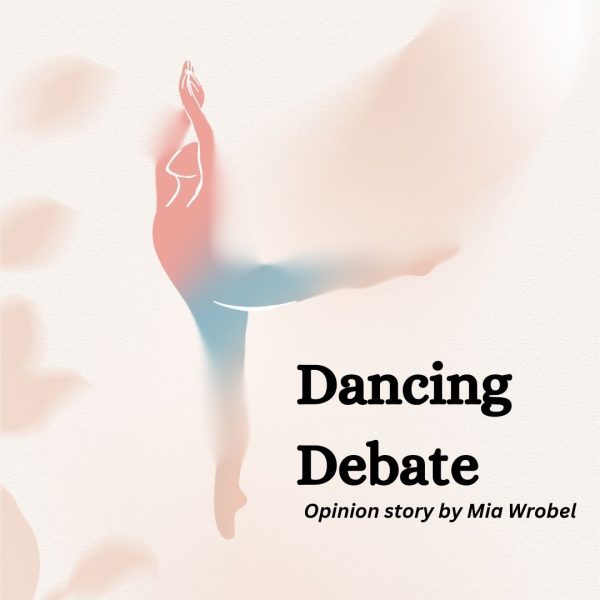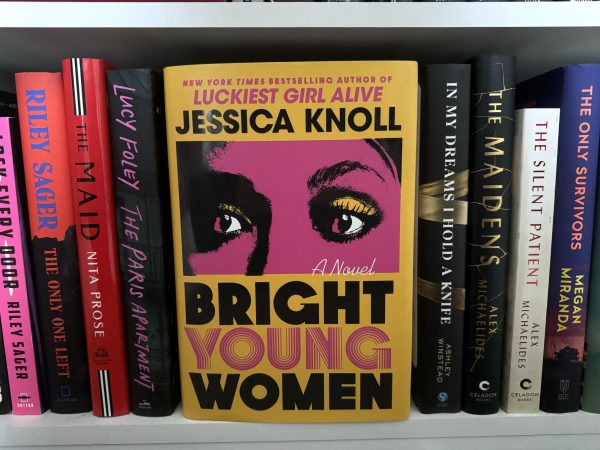The cat calls back
A boy described a girl in his math class as: blonde, hot and skinny.
That was it. Not once did he mention anything about her intelligence, her personality, her passions. Nope, just her physical characteristics.
Thanks to modern society, the idea of a “real” woman transformed into a rating of “who’s hot and who’s not” by not only the male population, but also mobile apps. It’s programmed into society’s mind to describe a woman based on just her looks and beauty, thanks to the media and image-obsessed nation. It has become okay for men to view a woman based on just her bra size and figure.
As a result, young women grow up to feel as if beauty, only beauty, matters.
But news flash: girls aren’t a walking American Apparel ad or lyrics to a Kayne West song. They don’t go jogging in skimpy bikinis or five inch heels. (Sorry men, women have more dignity than that.)
Yes, this theory can be shocking for some, especially one’s with giant posters of Kate Upton hanging on their ceiling. But believe it or not, women are powerful leaders. They’re people with strong voices and brilliant ideas. They’re people to be respected and not catcalled about their anatomy. (By the way, whistling or honking at a girl is never flattering, it’s just fundamentally weird.)
And this idea stems from no other than the media, which is made up of 64 percent males, according to The National Organization for Women (cough biasis cough.)
So listen up media: it’s time to stop giving false illusions of women. It’s time to stop the millions of plastered ads with half naked girls craving attention from men. It’s time to stop airing thousands of commercials with girls in revealing clothes serving men’s every desires. It’s time to stop casting women as inferior characters who play sexy roles.
Because women aren’t flawlessly airbrushed trophy wives or perfectly photoshopped supermodels. No. They’re real women.
Real women who broke through the glass-ceiling to put a record number of positions in the U.S. Senate and House of Representatives, like Hillary Clinton. Real women who passionately fight for their right to an education only to be gunned down by the Taliban, like Malala Yusufzai. Real women who revolutionize body image and self-love through television, like Lena Dunham. Real women who inspire and write songs about female empowerment, like Beyonce.
These are the kind of people young women need to look up to. These are the kind of people men need to start admiring.
It can become difficult when men and the media put such an importance on looks, but all that gold doesn’t glitter and it’s time to find exactly what does.
Bottom line: Women are not objects.
They’re not objects that sell products. They’re not objects that men can holler at. And they’re certainly not objects that can be taken advantage of for men’s own satisfaction.
(I would like to dedicate this column to the two guys who tried to catcall me in the Costco parking lot. I was just trying to get through the day in my hideous rain boots and messy hair, but there you are, the “greater” sex, posing as a literal and physical obstacle. Thank you, but I don’t think you handle this #girlpower.)
Your donation will support the student journalists of Eisenhower High School. Your contribution will allow us to purchase equipment and cover our annual website hosting costs.










